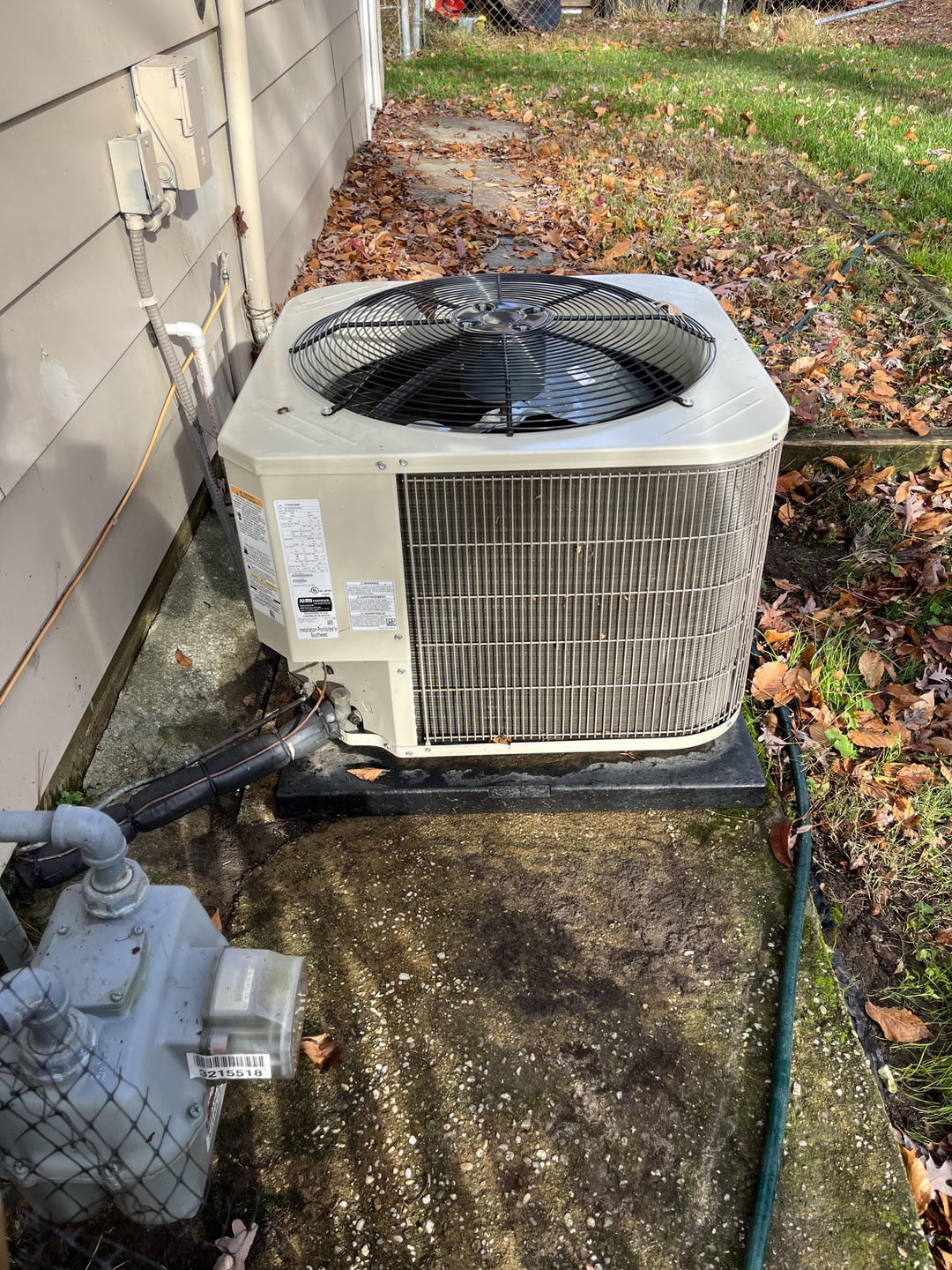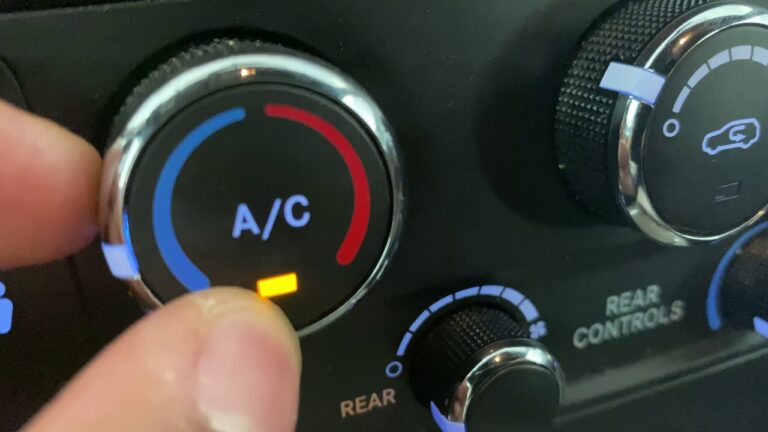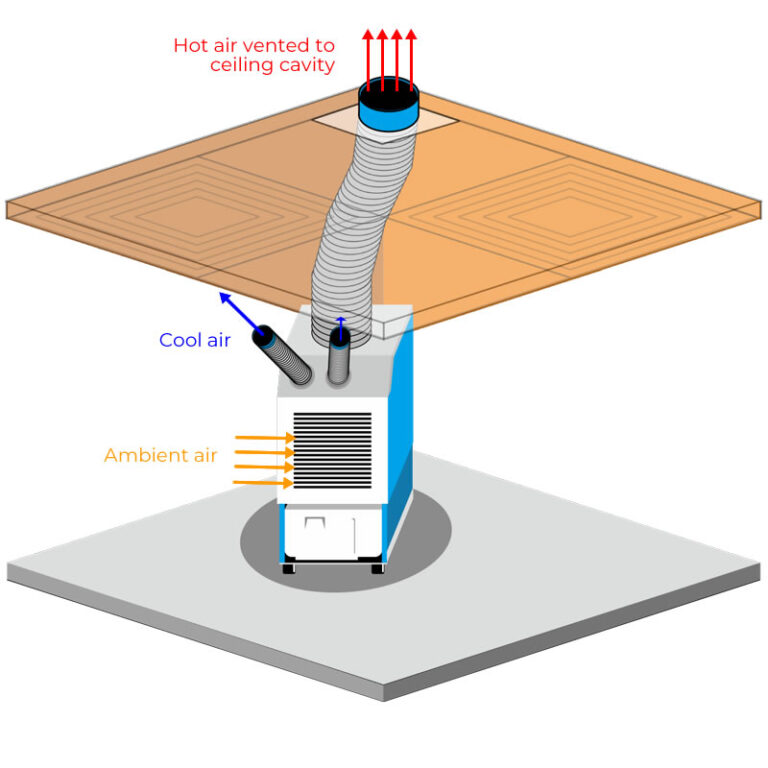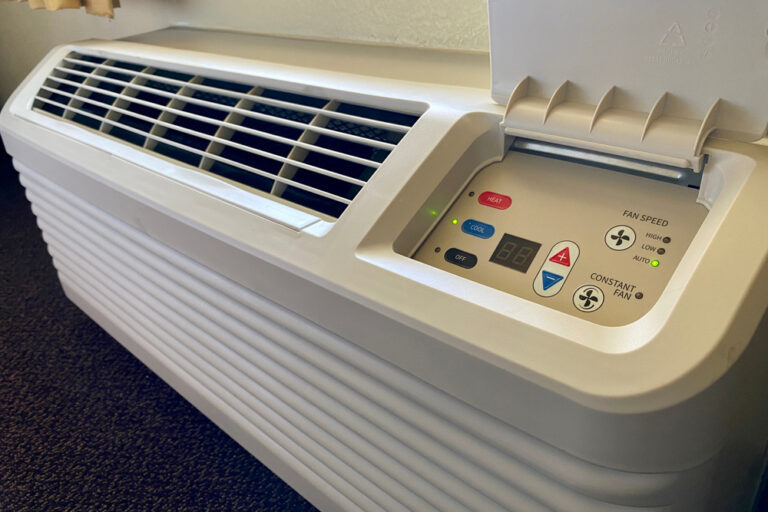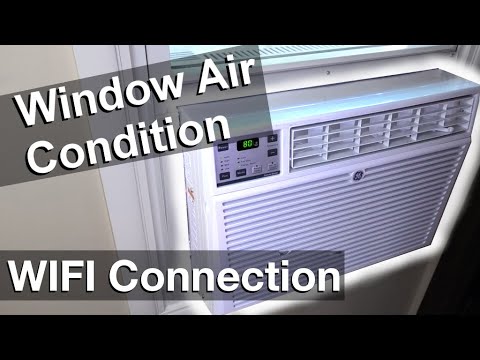What Size AC System For 1800 Square Feet Foam House: Expert Guide
For an 1800 square feet foam-insulated house, a 2.5 to 3-ton AC system is typically recommended. The exact size depends on factors like climate and insulation quality.
Choosing the right AC system for your home is crucial for comfort and energy efficiency. Foam insulation significantly affects the cooling needs of your house. Well-insulated homes generally require smaller AC units compared to poorly insulated ones. Accurate sizing ensures optimal performance and cost savings.
Energy efficiency is enhanced with the correct unit, leading to lower utility bills. Consulting with a professional HVAC contractor can provide a precise assessment. They consider factors like local climate, window placement, and sun exposure. Always aim for a balance between adequate cooling and energy consumption.
AC System Basics
Choosing the right AC system for your 1800 square feet foam house is crucial. It ensures efficient cooling and energy savings. Understanding the basics helps in making an informed decision.
Types Of AC Systems
There are several types of AC systems to consider:
- Central Air Conditioning: Ideal for uniform cooling throughout the house.
- Window Units: Suitable for cooling individual rooms.
- Split Systems: Offers flexibility and efficiency.
- Portable Units: Easy to move but less powerful.
- Heat Pumps: Can both heat and cool your home.
Key Components
Knowing the key components of an AC system helps in understanding its functionality:
| Component | Function |
|---|---|
| Compressor | Pumps refrigerant through the system |
| Condenser | Releases heat to the outside |
| Evaporator | Absorbs heat from inside the home |
| Thermostat | Controls the temperature settings |
| Filters | Clean the air entering the system |
Choosing the right AC system involves understanding these components and their roles. This knowledge ensures better maintenance and performance.
Importance Of Proper Sizing
Choosing the right size AC system is crucial for a foam house. It ensures optimal performance and comfort. An undersized AC may struggle to cool your home, while an oversized one can lead to inefficiency and increased costs.
Energy Efficiency
A correctly sized AC system enhances energy efficiency. It uses the right amount of power for your 1800 square feet foam house. This reduces electricity bills and minimizes environmental impact. An oversized unit will cycle on and off frequently, wasting energy.
Check the following table to understand the energy impact:
| AC Size | Energy Consumption | Impact on Bills |
|---|---|---|
| Undersized | High | Increased |
| Correctly Sized | Optimal | Reduced |
| Oversized | Excessive | High |
Comfort Levels
Proper sizing ensures consistent comfort levels. An appropriately sized AC maintains uniform temperature throughout the house. It eliminates hot and cold spots, providing a pleasant environment.
Consider these points for comfort:
- Even cooling distribution
- Better humidity control
- Quieter operation
A balanced indoor climate promotes better sleep and relaxation. Enjoy your foam house with the right-sized AC system.
Calculating AC Size
Choosing the right AC size for an 1800 square feet foam house is crucial. An accurately sized AC unit ensures optimal cooling and energy efficiency. This guide will help you determine the perfect AC size for your home.
Btu Requirements
The cooling power of an AC unit is measured in BTUs (British Thermal Units). A larger space requires more BTUs to cool efficiently. For an 1800 square feet foam house, the general rule is about 20 BTUs per square foot.
Here’s a simple calculation:
- 1800 square feet x 20 BTUs = 36,000 BTUs
So, a 36,000 BTU unit would be ideal. It’s always good to consult with a professional for precise calculations.
Square Footage Considerations
Square footage is a key factor in determining AC size. Each square foot of your foam house needs adequate cooling. Foam insulation can affect the cooling load, often reducing the BTU requirement.
Consider the following for accurate sizing:
- Ceiling height
- Number of windows and doors
- Level of insulation
- Climate zone
Each factor can influence the total BTU needs of your home.
For instance, higher ceilings may require additional BTUs. More windows can increase heat gain, impacting the cooling load.
Always factor in these elements. They help in selecting the right AC unit size for efficient cooling.
Credit: www.reddit.com
Impact Of Foam Insulation
Choosing the right size AC system for an 1800 square feet foam house is crucial. Foam insulation can significantly impact your cooling needs. Let’s explore the benefits and thermal performance of foam insulation.
Insulation Benefits
Foam insulation offers numerous advantages for your home. It provides a tight seal, reducing air leaks. This ensures that your home remains cool in summer and warm in winter.
- Energy Efficiency: Foam insulation helps in saving energy costs.
- Noise Reduction: It acts as a barrier to outside noise.
- Moisture Control: Prevents mold and mildew growth.
Thermal Performance
The thermal performance of foam insulation is exceptional. It maintains consistent indoor temperatures. This means your AC system won’t work as hard.
Consider these factors for thermal performance:
| Factor | Impact |
|---|---|
| R-Value | Higher R-value means better insulation. |
| Air Sealing | Reduces drafts and energy loss. |
| Durability | Long-lasting performance over years. |
Foam insulation ensures your AC system works efficiently. The right AC size depends on insulation quality. An 1800 square feet foam house might require a smaller AC unit. This saves both energy and costs.
Climate Considerations
Choosing the right AC system for an 1800 square feet foam house requires more than just considering the size. Climate considerations play a crucial role in determining the efficiency and effectiveness of your AC unit. Understanding the impact of regional temperature variations and seasonal changes can help make an informed decision.
Regional Temperature Variations
Different regions experience varying temperature ranges throughout the year. For instance, a home in the southern states might need a more powerful AC unit compared to a home in the northern states.
- Southern States: Higher temperatures; require higher BTU ratings.
- Northern States: Cooler temperatures; may require lower BTU ratings.
Consider the average high and low temperatures in your region. This helps in selecting an AC system that can handle the extremes effectively.
Seasonal Changes
Seasonal changes also impact the performance of your AC system. Understanding these changes can help optimize the system’s efficiency.
| Season | Temperature Range | Recommended AC Adjustment |
|---|---|---|
| Summer | High | Increase cooling capacity |
| Winter | Low | Decrease cooling capacity |
| Spring/Fall | Moderate | Moderate cooling capacity |
During summer, an AC unit with a higher cooling capacity is essential. In winter, the system can be adjusted to a lower capacity. Spring and fall may require moderate adjustments.
Making these adjustments ensures that your AC system operates efficiently throughout the year. This not only improves comfort but also saves on energy costs.

Credit: www.reddit.com
Professional Assessment
Choosing the right AC system for a foam house can be tricky. A professional assessment ensures you get the best unit for your needs. This helps in maximizing efficiency and comfort.
Hiring An HVAC Expert
An HVAC expert is essential for accurate measurements. They know how to calculate the right size for your AC system. Hiring one can save you time and money.
- Experts have specialized tools.
- They understand insulation properties.
- They can offer maintenance tips.
Assessment Methods
HVAC experts use several methods to determine the right AC size. They consider factors like insulation, windows, and local climate.
One common method is the Manual J calculation. This involves detailed measurements and calculations.
| Factor | Importance |
|---|---|
| House Size | Primary |
| Insulation | High |
| Windows | Moderate |
| Climate | High |
They also perform load calculations to find heat gain and loss. This helps in choosing the right AC system. Proper sizing avoids energy waste and ensures comfort.
Energy Efficiency Tips
Choosing the right AC system for your 1800 square feet foam house is crucial. To maximize efficiency, follow these energy-saving tips.
Regular Maintenance
Regular maintenance keeps your AC running smoothly. Schedule annual check-ups to ensure optimal performance.
- Clean or replace filters every three months.
- Inspect and clean the coils to prevent dirt buildup.
- Ensure the drain lines are clear to avoid water damage.
Regular maintenance reduces energy use and extends the lifespan of your AC.
Smart Thermostats
Smart thermostats offer advanced features to boost efficiency. They learn your schedule and adjust temperatures automatically.
- Set temperature schedules to match your daily routine.
- Use remote access to control your AC from anywhere.
- Monitor energy usage with detailed reports.
Smart thermostats provide comfort and save energy, making them a wise investment for your home.
Common Mistakes To Avoid
Choosing the right size AC system for an 1800 square feet foam house is crucial. Many homeowners make mistakes that can lead to inefficiencies and higher costs. Let’s explore the common mistakes to avoid.
Oversizing And Undersizing
One common mistake is installing an oversized AC system. An oversized unit can cool the house too quickly. This leads to short cycling, which can increase wear and tear.
Conversely, an undersized system struggles to cool the house. It runs continuously, which can lead to higher energy bills and reduced comfort.
To find the right size, consider these factors:
- Square footage
- Number of windows
- Insulation Quality
- Local climate
Always consult a professional to avoid these pitfalls.
Ignoring Insulation
Another mistake is ignoring insulation quality. Foam houses often have excellent insulation, which affects the cooling load. Poor insulation can make even a well-sized AC system inefficient.
Check the insulation in:
- Walls
- Attic
- Windows
- Doors
Proper insulation ensures the AC system works efficiently.
| Factor | Impact on AC Size |
|---|---|
| Square Footage | Directly impacts cooling load |
| Insulation | Affects efficiency and performance |
| Climate | Influences system capacity needs |
By avoiding these common mistakes, you can ensure your AC system is efficient and effective.
Frequently Asked Questions
What Size AC Do I Need For An 1800 Sq Ft House?
For an 1800 sq ft house, you typically need a 3-ton air conditioner. This equals about 36,000 BTUs. Consult a professional for precise sizing.
How Big Of An AC Unit Will A Spray Foam House Get?
A well-insulated spray foam house usually requires a smaller AC unit. Typically, 1 ton per 1,000-1,500 square feet.
How Big Of A House Will A 3.5 Ton Ac Unit Cool?
A 3.5-ton AC unit can cool a house of approximately 1,800 to 2,100 square feet. This depends on factors like insulation and climate.
Conclusion
Choosing the right AC size for your 1800 square feet foam house is crucial. Proper sizing ensures comfort and efficiency. Consult a professional for accurate recommendations. Remember, a well-fitted AC system can save energy and reduce costs. Make an informed decision to enjoy a comfortable living environment year-round.

